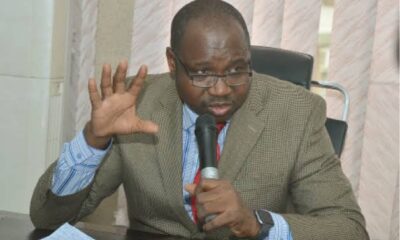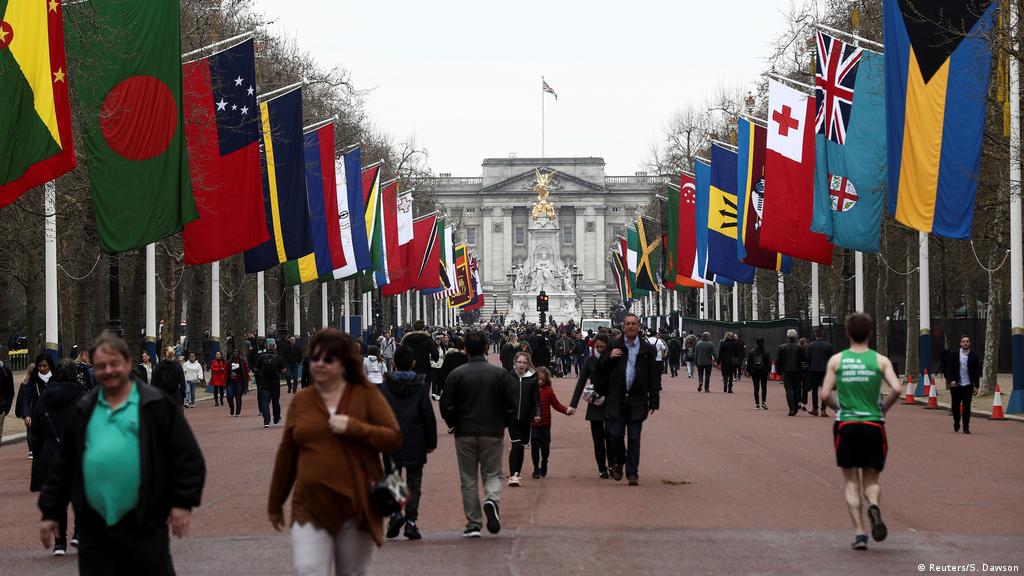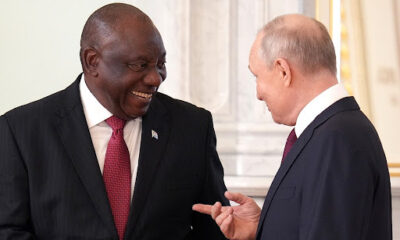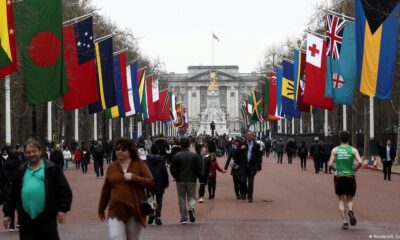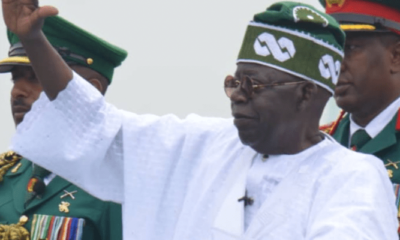Battle-hardened jihadists from Syria may be sneaking into Nigeria to train terrorists for possible attacks in Britain, The Sun UK claims.
The report also alleges that fanatics, including Boko Haram insurgents, were also being sent to the Middle East for training in a chilling “exchange programme.”
The paper said there were fears that strong links between Nigeria and the UK would make it easier for IS to send its killers to Britain to orchestrate terror attacks, death and destruction.
It noted that more than 150 British troops are conducting counter-terror training with Nigerian forces in an attempt to stem the bloody tide — and stop IS from taking hold in the West African region.
At one training mission in Kaduna, a senior Nigerian Air Force commander revealed how local jihadi groups were learning from IS after swearing allegiance to its black flag.
Group Captain Isaac Subi, 46, who has been fighting terrorism across Africa since 1991, said, “They come and train their fighters here and some of our insurgents too are granted access to their training in Yemen and Syria, acquiring those skills and they come back and teach others.
“They have this exchange programme of fighters.”
The report stated that the poisonous influence of the fighters had already ended in horror attacks on British streets, citing the stabbing to death of Fusilier Lee Rigby in 2013 in London by Michael Adebolajo and Michael Adebowale, both of Nigerian descent.
The Nigeria Immigration Service spokesman, Sunday James, said the agency has strengthened border security to ensure that “no foreign entity is allowed by whatever means into the country by land, air or waterways.”
He added in a statement that NIS operatives have been proactive, “going by the several arrests in recent past around the country by the Special Border Patrol Corps operatives of the NIS trained and deployed to carry out reconnaissance patrol.”
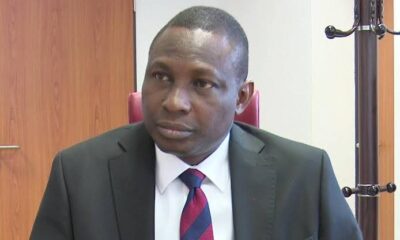
 Metro1 day ago
Metro1 day ago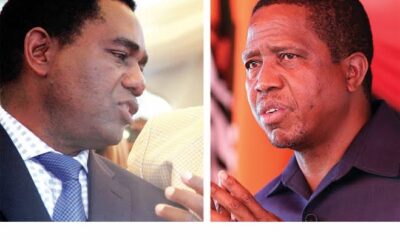
 Metro23 hours ago
Metro23 hours ago
 Tech23 hours ago
Tech23 hours ago
 Culture23 hours ago
Culture23 hours ago





